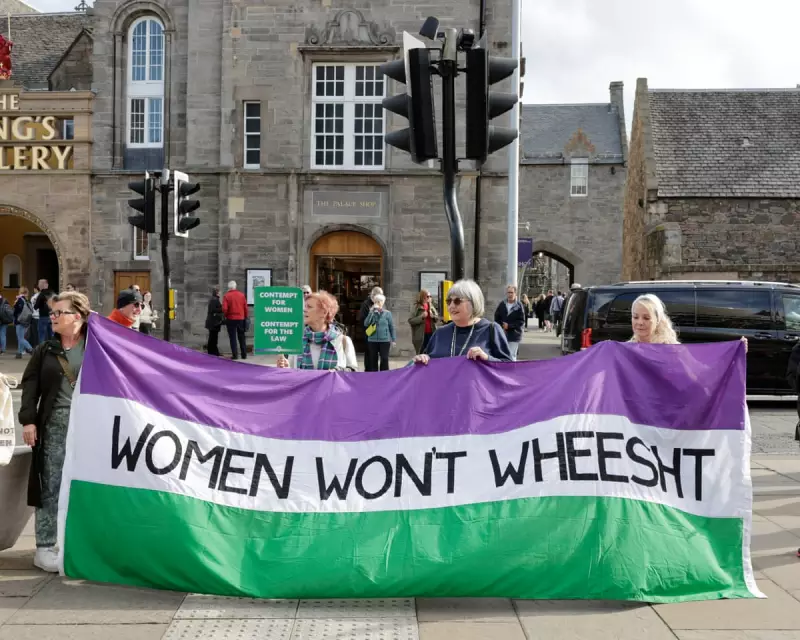
In a decisive verdict with far-reaching implications, an employment tribunal has firmly established that gender-critical beliefs qualify as a protected characteristic under the Equality Act 2010. This ruling reinforces the legal right of individuals to hold and express views on sex and gender identity without facing discrimination in the workplace or public life.
The case centred on Maya Forstater, a researcher whose contract was not renewed after she expressed opinions on social media that a person’s biological sex is immutable and should not be conflated with gender identity. The tribunal found that her beliefs, which include the conviction that sex is a material reality and not a matter of self-identification, are worthy of respect in a democratic society.
Core Principles of the Judgment
The tribunal's reasoning was meticulous and clear. It outlined several key points that formed the basis of its decision:
- Protected Philosophical Belief: The judge determined that gender-critical beliefs meet all the necessary legal criteria to be considered a philosophical belief, akin to a religious or political conviction.
- Worthy of Respect: Crucially, the tribunal found that holding such views is not incompatible with human dignity and does not violate the fundamental rights of others.
- Freedom of Expression: The judgment underscores that a democratic society must protect the right to express controversial or challenging beliefs, even if they cause offence.
Broader Implications for Society and Employers
This ruling sends a powerful message to employers, institutions, and public bodies across the UK. It establishes a critical legal boundary, confirming that organisations cannot lawfully discriminate against someone for expressing gender-critical views.
For many women's rights campaigners, the decision is a significant victory. It affirms their right to discuss and debate matters concerning single-sex spaces, such as domestic violence shelters, prisons, and changing rooms, without being labelled bigots or facing professional repercussions.
However, the tribunal was also careful to note a vital distinction. While the belief itself is protected, the manner in which it is expressed is not a free pass for harassment or discriminatory behaviour. The judgment does not permit the use of discriminatory language or the misgendering of transgender individuals with impunity.
This creates a complex landscape where the right to hold a belief and the responsibility to express it respectfully must be carefully balanced. Employers are now tasked with navigating this new precedent, ensuring they protect both the beliefs of gender-critical staff and the rights of transgender employees, fostering an environment of mutual tolerance.
The Forstater case has become a touchstone in the ongoing national conversation about sex, gender, and free speech. This landmark ruling ensures that one side of that debate now has a fortified legal foundation, guaranteeing its participants a right to be heard.





